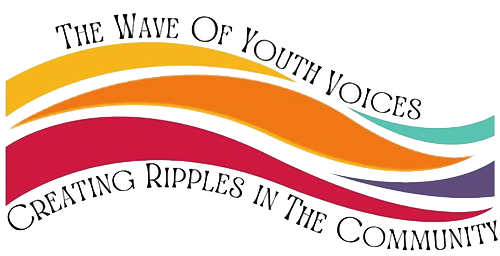This fall, students aged 15-17 in the SWPH region are invited to take part in a survey about youth mental wellbeing and substance use. Results will inform youth initiatives through our partnership with Planet Youth.
Information for parents/guardians:
Fill out the consent form sent via email from your child’s school:
All responses are completely confidential. Your child’s answers will not be identifiable in any way.

Planet Youth is an approach rooted in evidence to help promote positive social and environmental change in communities. It is a substance use prevention model that has been implemented in countries and communities across the world.
The Planet Youth Elgin-St. Thomas community coalition uses local data to identify priorities, workshop solutions, and implement policies and practices that align to help reduce substance use and promote wellbeing for youth.

Applies a primary prevention approach that focuses on developing an organized system to enhance the social environment in communities over time. Youth outcomes are a direct reflection of the environments they live and grow in.
Enhances connection between children and their families, peers, schools, communities, and adults by creating teams of adults who are invested in and working together to support the success of young people in the community. Schools are embraced as the natural hub of neighborhood efforts to support child and adolescent health, learning, and life success.

In many public and community health interventions, the connections between community members, researchers, policy makers and practitioners are more theoretical than functional and practical. Although they may share the same goal, each group tends to function in isolation from the others and at varying proximity from the problem itself.

Encourages authentic assessment of the problem and the solution. Engages and empowers community members to make practical decisions using local, high-quality data that is collected with a long-term term commitment to keep the focus on building healthy environments for young people. This work calls for a collective commitment to realistic timeframes so that sustainable change can occur.
Primary prevention is a smart, cost-effective investment we can make.
